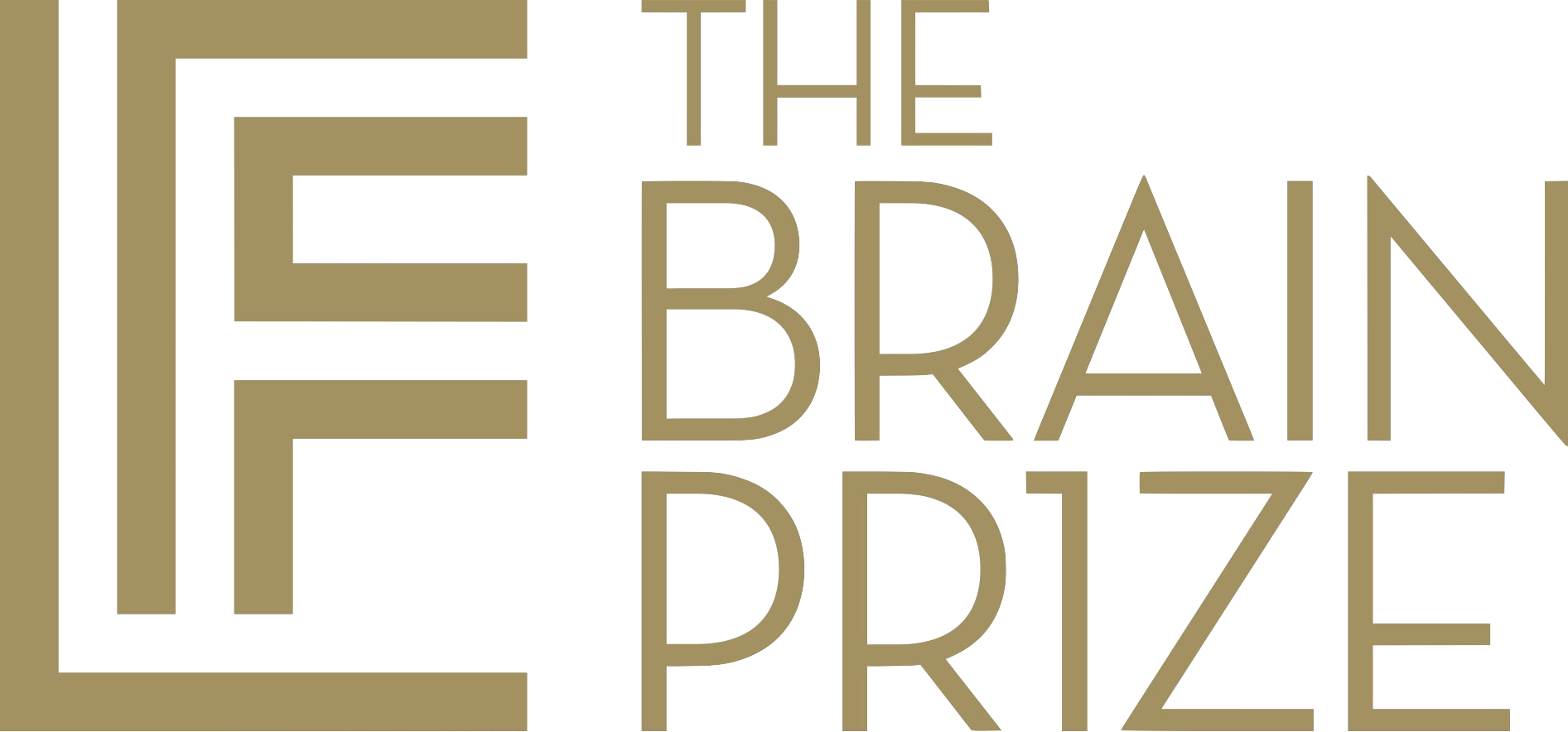The Brain Prize 2017 winners announced
06 March 2017
Neuroscience News
06 March, 2017 in Neuroscience News
Thirty years ago, German-born Wolfram Schultz, now professor of neuroscience and Wellcome Trust Principal Research Fellow at the University of Cambridge, was studying learning in monkeys at the University of Fribourg in Switzerland. He developed methods for recording activity from neurons (nerve cells) that use dopamine to transmit information to other neurons. He found that before learning, these dopamine neurons respond whenever a reward – fruit juice – is given to the monkey, but if the monkey is shown various visual patterns and has to respond to one of them in order to secure the reward, the pattern of response changes as the animal learns. The dopamine neurons now respond when the correct visual pattern appears, and the response to the reward itself disappears. If no reward is given, the activity of dopamine neurons actually decreases at the expected time after the visual signal; but if the reward is delivered at an unexpected time, the neurons respond to it.
British computational neuroscientist, Peter Dayan, director of the Gatsby Computational Neuroscience Unit, University College London, is recognised internationally as a leader in the rapidly developing field of computational neuroscience. When working at the Salk Institute in California, Dayan realised that the pattern of activity of dopamine neurons described by Schultz corresponds to a signal known – from the earliest days of artificial intelligence – as a ‘reward prediction error’.
Professor Ray Dolan, who was born in the Irish Republic, is the director of the new Max Planck Centre for Computational Psychiatry and Ageing, and works at the Wellcome Centre for Neuroimaging at University College London. Dolan has been a leader in the development and use of methods for imaging the human brain, in order to understand the mechanisms of emotion, learning and decision-making.
The winners gratefully acknowledged the contributions of their many colleagues and collaborators, as well as the institutions and funding agencies that have supported their work, especially the Gatsby Charitable Foundation, the Wellcome Trust, University College London, the University of Cambridge, the University of Fribourg, the Salk Institute and California Institute of Technology.
“I see it as a wonderful tribute to my superb collaborators, students and postdocs,” said Dayan.
“I am immensely gratified that the Lundbeck Foundation acknowledged the importance of this work for understanding psychiatric illness,” said Dolan.
“The Brain Prize is a fantastic reward for our research group. I can hear our dopamine neurons jumping up and down!” Schultz said.
More on The Brain Prize website.
